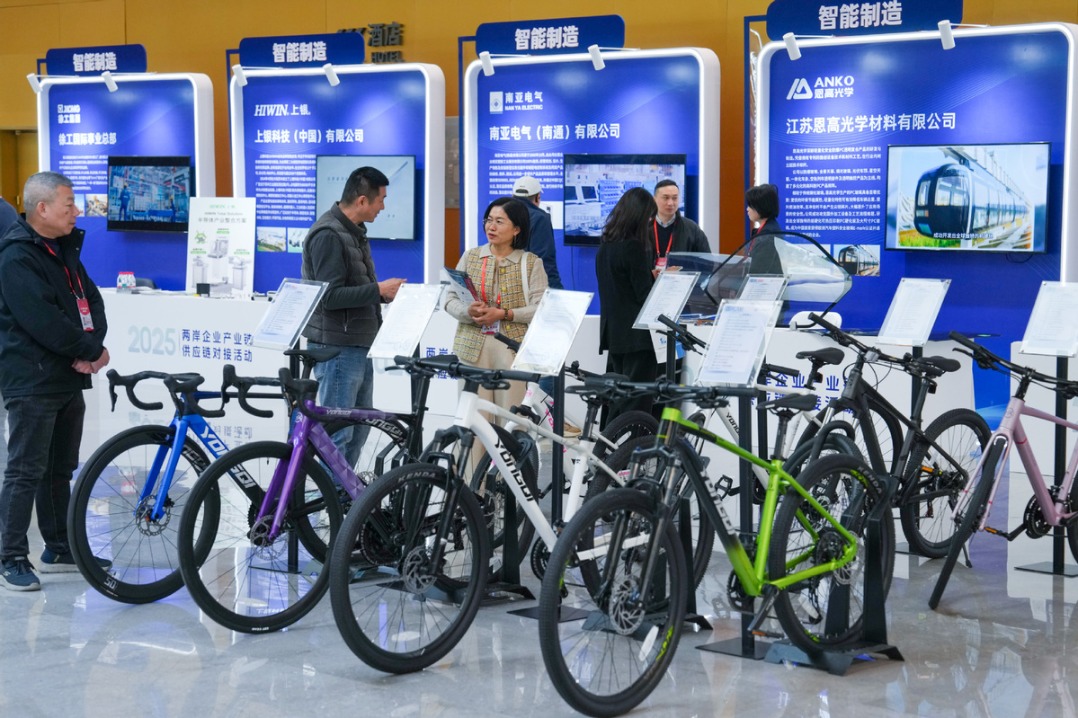Governments closing their unused social media accounts
Effort aimed at curbing formalism and bureaucracy, easing grassroots' burdens
By YANG ZEKUN | China Daily | Updated: 2024-08-28 09:05
Government departments across multiple regions in China have been shutting down official social media accounts this year as part of a broader effort to curb formalism and bureaucracy and ease burdens on grassroots governments.
On Aug 14, the public security bureau of Rongcheng, Shandong province, announced the deactivation of its official Weibo account due to operational needs. The account, which began posting in June 2014, had amassed only about 500 followers and 860 posts over a decade.
Since the start of the year, numerous government agencies in cities including Kunming in Yunnan province, Changsha in Hunan province and Shenzhen in Guangdong province have closed their social media accounts, redirecting the public to the accounts of higher-level departments, government websites and official apps.
In 2013, the General Office of the State Council encouraged local governments to use social media platforms to release information promptly. As a result, government social media accounts proliferated, becoming key channels for government transparency, public services, and public engagement.
However, issues such as redundant functions, unhelpful content, infrequent updates and poor management have arisen, occasionally leading to public relations crises.
For example, pornographic content appeared on the official Weibo account of the Zhongzhai township government in Ganzhou, Jiangxi province, in December 2016. Zhongzhai officials claimed the account was hacked, and the account's administrators were ordered to rectify the situation immediately. The township's disciplinary committee imposed punishment on the administrators and made personnel adjustments.
And in October 2017, the Huangtian township government's account in Hezhou, Guangxi Zhuang autonomous region, sent private messages promoting counterfeit goods. The account, which had been underused, was ultimately deactivated.
In December 2018, the General Office of the State Council issued guidelines to promote the healthy development of government social media, highlighting issues such as unclear functional positioning, lax information management, irregular maintenance and insufficient supervision. Problems such as abandoned accounts and lack of interaction were frequently observed, negatively impacting the governments' image and credibility.
A report from the China Internet Network Information Center indicated that there were over 146,600 government Weibo accounts certified by the Sina platform as of last December.
Also in December, the Office of the Central Cyberspace Affairs Commission issued a directive to prevent "formalism on fingertips", which was aimed at regulating government mobile internet applications, official social media accounts and work groups. The directive called for the prompt deactivation of government apps with low usage or practicality.
The directive is expected to enhance the efficiency of digital government management services and address the formalism issue within one to two years. By 2028, the government aims to refine supervision measures and establish long-term mechanisms to prevent the resurgence of such formalism and genuinely alleviate grassroots burdens.
In response, a major reshuffling of government social media accounts has begun nationwide.
In April, the WeChat accounts of the housing and urban-rural development bureau and the water affairs bureau in Zhangjiagang, Jiangsu province, were deactivated. Similarly, the WeChat accounts of the Wuhua district veterans affairs bureau in Kunming and the Yuhua district market supervision bureau in Changsha announced that they would stop updating their accounts and initiate deactivation.
Earlier this month, the General Offices of the Communist Party of China Central Committee and the State Council, the nation's Cabinet, issued new regulations aimed at reducing unnecessary formalities and alleviating burdens at the grassroots level.
A senior official from the CPC Central Committee's General Office said that formalism and bureaucratic problems have long existed, and that sustained efforts are needed to alleviate the burden on grassroots levels. The new regulations mark a significant step in strengthening systems for full and rigorous Party self-governance.
Yang Weidong, a law professor at China University of Political Science and Law, said that since the Party's 18th National Congress in 2012, the CPC Central Committee has consistently emphasized the need to combat the "four forms of decadence" — formalism, bureaucracy, hedonism and extravagance, with a focus on the first two. He said the issues are closely related to reducing the burdens borne by grassroots-level governments, as emphasized at recent Party congresses and sessions.
For some time, many grassroots departments have been asked to fill out and submit a large number of forms within specified time frames, often with repetitive information or similar data. Also, some grassroots governments require officials to participate in activities such as volunteer work and to document every step with photos as evidence, he said.
Some places have also followed the trend of creating numerous work chat groups and launching government apps that require local civil servants to participate in study sessions, answer questions and have their study scores ranked, he said.
"Unrealistic measures often significantly hinder the efficiency of grassroots work and increase the burden on grassroots officials, preventing them from focusing on local socioeconomic development issues," Yang said.
He called for innovation and efficient coordination at all levels of government to better serve the people, and stressed that government leaders should strive to relieve burdens on grassroots departments.
"The key to their work depends on whether they can truly serve the people," he said.
























